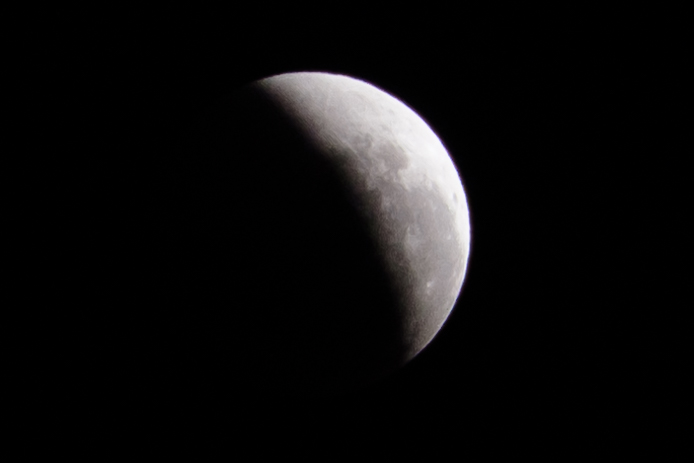Back in the bad old days of slavery and serfdom, there was a class of people who weren’t quite slaves, but weren’t free either. These indentured servants were tied by contract to serve a particular master as slaves, but only for a specified period (typically 3-7 years). Folks who were desperate for passage to the Americas or who had accumulated debts beyond their ability to pay would sell themselves into virtual slavery with the hope of a better life after their period of bondage ended. South Sea Islanders were coerced into similar contracts to labour in Queensland in the late 1800s, long after such arrangements were outlawed for white folks. But were they actually outlawed, or just transferred into another form?
The Employee does hereby agree to faithfully serve the Company for three years from the date of his landing in the land of Virginia, there to be employed in the lawful and reasonable works and labors of the Company and their executives, and to be obedient to such managers as the Company shall from time to time appoint and set over him.
– From the indentured servitude contract of Robert Coopy, 1619, edited to modernise
The life of an indentured servant was nasty, brutish and short. Despite the incentives present at the end of their contract (the transfer of land and often supplies for a year), these folks had no freedom, being tied to the whims and punishments of their masters. It may have been a better life than that of a slave (who gradually replaced them in the 1700s), but indentured servants were forced to work from dawn to dusk and could be sold between masters like commodities.
Whilst employed by the Company, the Employee must devote his or her whole time and attention to the business of the Company as required and must not, without the prior consent of the Company, engage in any other activity or employment.
The owner had complete control of a servant’s life and the backing of the state to ensure compliance against any runaways. Servants internalised the virtues of the Protestant work ethic to justify their own bondage, but masters also provided plenty of extrinsic motivation through harsh discipline.
The Company may use surveillance personnel in strategically located internal and external areas of the plantation to monitor movements. Guards will operate continuously and surveillance will be ongoing.
Under this strict surveillance, servants toiled from dusk until dawn for the benefit of their owners. Everything that a servant created would be the property of their owners, as was the servant themselves. The ultimate alienation.
The Employee acknowledges and agrees that the Company is the sole and exclusive owner of all rights including without limitation copyright throughout the world and all journalistic, literary and artistic work created, conceived, developed or acquired, in whole or in part, by the Employee, in the course of the Employee’s employment with the Company, however and whenever created or conceived, whether solely or jointly with others and whether during work hours or otherwise.
Even once freed, indentured servants often found that their supposed rewards were dependent on the whims of their owners. Their parcels of land might be subject to extortionate rents, the supplies provided were often minimal, and their low status and injuries suffered during their servitude restricted their opportunities.
For the duration of the Employee’s employment with the Company and for 6 months thereafter, the Employee must not on his or her own account, or on behalf of any other person in whatever capacity (without the prior written consent of the Company in its absolute discretion) participate in any business similar to the business of the Company or any Related Company.
But apart from our dear friend Robert Coopy up the top, these quotes are not from the contracts of indentured servants. They are from an employment contract which crossed my desk today (and have been lightly edited so as not to give the trick away with modern boondoggles). I am to be paid much better than poor Robert was for my services, but the conditions of servitude never went away.
A forcing-up of wages would therefore be nothing but better payment for the slave, and would not conquer either for the worker or their labour their human status and dignity.
– Karl Marx, The Economic and Philosophic Manuscripts of 1844
Whether I sell myself for a million dollars or a loaf of bread, I am still selling myself. A modern salaried worker has no right to an 8 hour day, no right to the fruits of their own labour, limited rights even to sell their services elsewhere. No doubt we have better material conditions than the indentured servants of the 1600s, but on a philosophical level the conditions remain the same. The employing class still own the working class. Our labour is not ours. The products of our labour are not ours. We are not ours.

